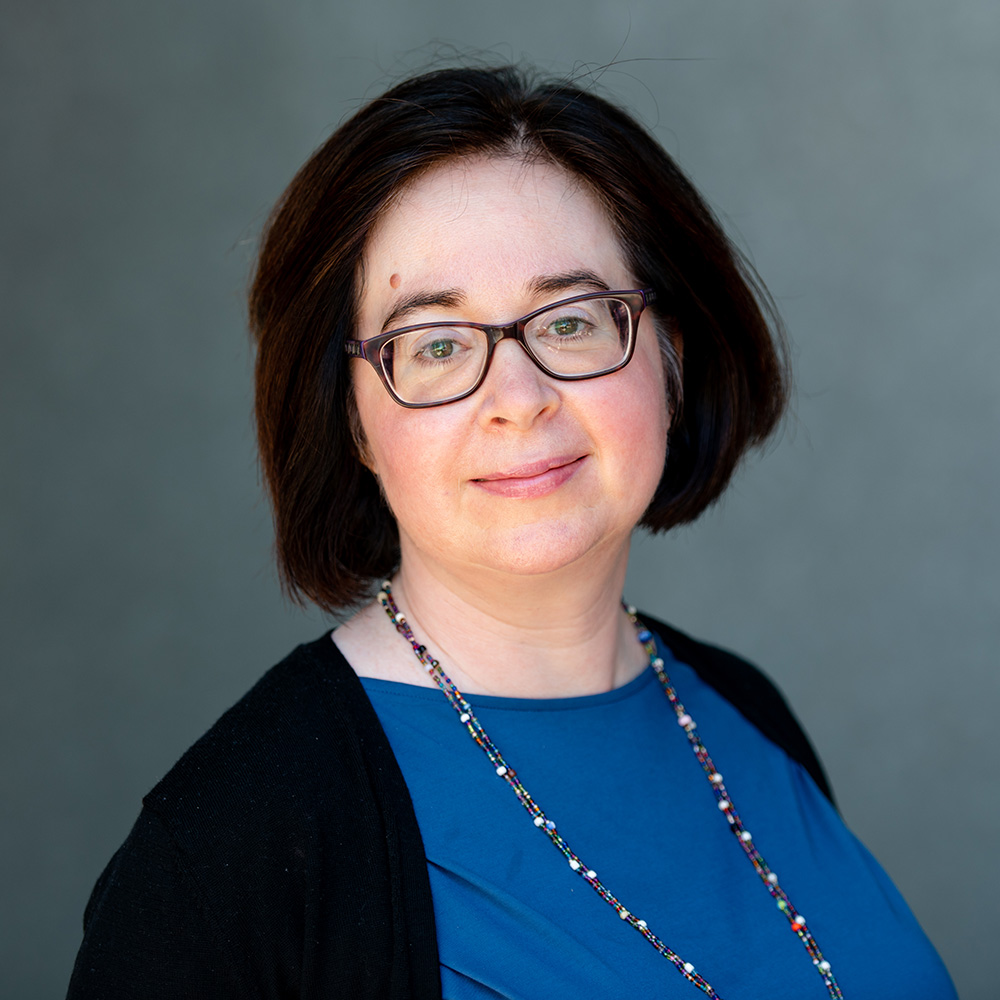
This year, thanks to a transformative bequest from the Schwartz family, the Loyola Genocide Justice Clinic has moved out of the Center for the Study of Law & Genocide where it was founded by Center Director and Professor of Law Stanley Goldman, and will formally join the Loyola Social Justice Law Clinic. Under the leadership of Visiting Clinical Professor Rajika Shah, who has been teaching the clinic for the past 7 years, the clinic will be renamed the Justice for Atrocities clinic (LJAC), and will continue its influential work on behalf of victims of mass atrocities.
Professor Shah, who is currently on an interdisciplinary group research fellowship focused on post-atrocity reparations, will return in Fall 2024 to teach the clinic. Through partnerships with NGOs, prosecutors, tribunals, and advocates, the LJAC seeks to hold perpetrators legally accountable and work toward reparations for victims and survivors of genocide, crimes against humanity, war crimes, and other serious human rights abuses. The LJAC will continue to engage students in claims-based legal work in a wide range of domestic and international tribunals on behalf of Holocaust survivors and their families in partnership with Bet Tzedek, Armenians and the people of Artsakh/Nagorno-Karabakh, Ukrainian survivors of Russia’s war, and other atrocities survivor groups.
Professor Shah is an experienced international human rights advocate who has litigated international human rights and property restitution cases on behalf of Armenian and Sudanese genocide victims, indigenous groups, and religious and ethnic minorities. She has represented plaintiffs in numerous complex and high-stakes disputes against foreign sovereigns and commercial entities, at both the trial and appellate levels, in both international and U.S.-based tribunals, as well as terrorist hijacking victims before the U.S. Foreign Claims Settlement Commission. Following an internship with the U.S. State Department’s Office of War Crimes Issues (now Global Criminal Justice), she obtained her LL.M. with Distinction in Public International Law at the London School of Economics, where she studied with Sir Christopher Greenwood, former judge at the International Court of Justice.
“The LJAC allows students the opportunity to act directly on behalf of victims of genocide and mass atrocities,” says Shah. “I am so grateful to Prof. Goldman for having the vision to establish the clinic and the Schwartz family for their generosity and commitment that enable this work to continue. I look forward to joining with my colleagues and students on this important work that so closely aligns with the LSJLC's social justice mission. Students often feel powerless in the face of mass atrocities, but this work shows them that, as lawyers, they have the tools and ability to bring some measure of justice to survivors.”
"Rajika has done groundbreaking work in international human rights and policy advocacy," says LSJLC Executive Director, Elizabeth Bluestein. "We are delighted to have her officially join Loyola Social Justice Law Clinic, and to develop ways that the Justice for Atrocities Clinic can collaborate with other LSJLC clinics.”